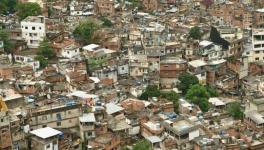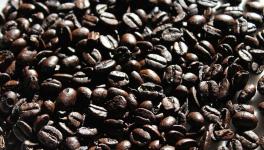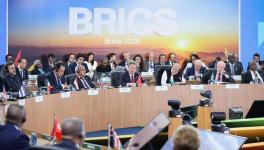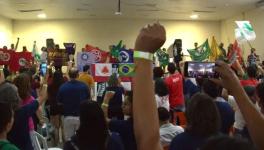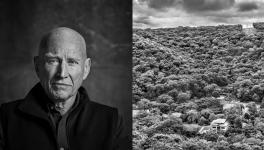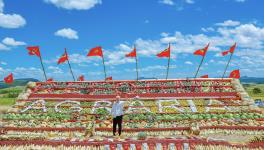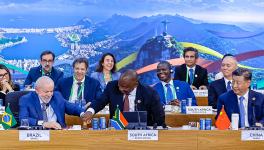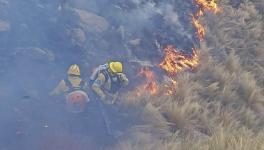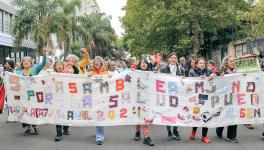Will Traces of Blood in Brazil's Amazon Lead to Missing Reporter?
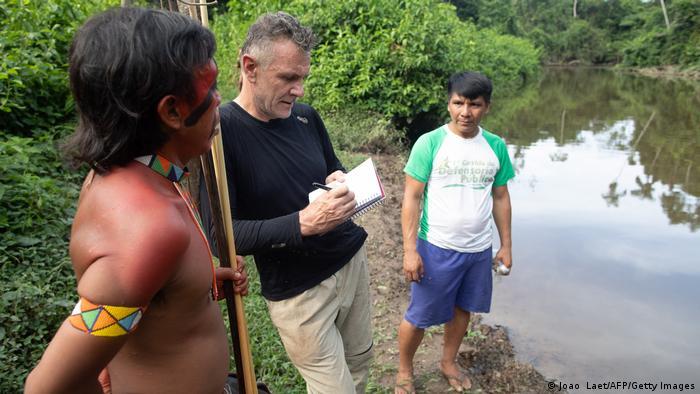
Dom Phillips (c) disappeared while documenting crimes against indigenous peoples in the resource-rich Amazon rainforest
It takes two hours to travel from San Rafael to Atalaia do Norte by boat. The two tiny enclaves are located in Brazil's Javari Valley, near the Peruvian border. Few regions in the Amazon rainforest are home to so many indigenous communities that have decided to live traditionally, and largely isolated from modern Brazilian society. Yet, it is here, where the Brazilian state is more myth than reality, that drug dealers and other criminals illegally wrest plants, animals and mineral resources from the forest, giving no thought to the environment, nor the indigenous people who live there.
At the moment, British journalist Dom Phillips is writing a new book describing this lawless battle playing out deep in heart of the rainforest. That is why he traveled to the Javari Valley with Brazilian guide Bruno Arauja Pereira. The latter is actually a civil servant at FUNAI, Brazil's government protection agency for indigenous peoples and their culture, but he took unpaid leave in order to assist an association of tribes living in the Javari.
After interviewing local indigenous, the two departed San Rafael early Sunday morning, bound for Atalaia do Norte. They never arrived at their destination.
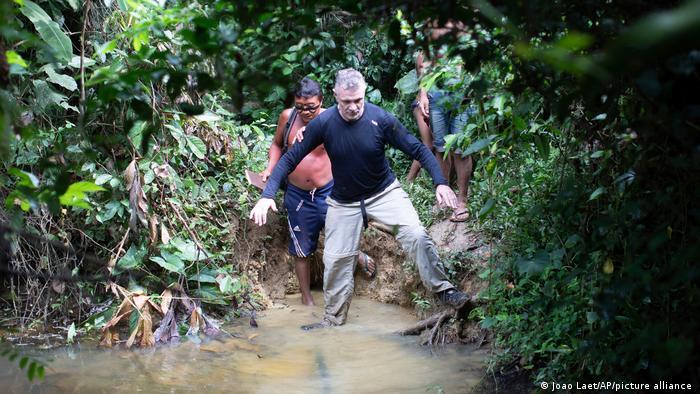
Phillips has reported on the threatening situation facing Brazil's indigenous Amazon tribes for years
Brazil's government authorities dragging their feet?
The indigenous association Unijava immediately dispatched a search and rescue group, Beto Marubo, a regional tribal leader, said: "We started the search as soon as we got word that Dom and Bruno hadn't arrived as expected." Moreover, he added, the association also contacted Brazil's federal police.
But Marubo told DW that it wasn't until public pressure mounted that Brazil's authorities finally reacted: "Pressure from the national and international press vastly changed attitudes. Before that, authorities did far less than was necessary."
Bruno pereira é meu amigo a mais de uma década, além de ser um dos grandes indigenistas da atualidade. Nos ajudem a cobrar das autoridades a encontrá-lo. pic.twitter.com/nFgt5mgNpM
— Beto Marubo (@BetoMarubo) June 8, 2022
Dom Phillips has lived in Brazil for more than 15 years, during which time he has written for various international newspapers, such as the UK's Guardian, and The New York Times and The Washington Post in the US. He has also contributed to DW.
Interrogations, traces of blood and an arrest
Meanwhile, police have arrested a 41-year-old suspect who, according to several eyewitnesses, had followed Phillips and Pereira in his own boat. In it, police found drugs, an assault rifle and traces of blood. The man claims to know nothing about the disappearance of the missing men. Now, forensic experts are trying to determine whether the blood in his boat is that of Phillips or Pereira.
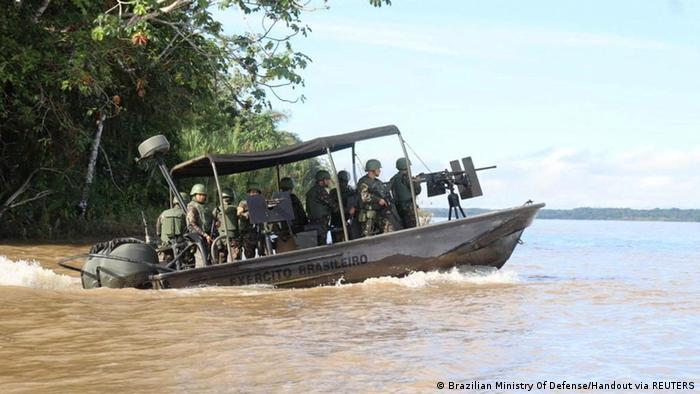
Authorities have arrested a suspect, though were slow to act until national and international pressure grew
Phillips and Pereira have known one another for years. In 2018, the Briton took part in a trip to the Javari Valley that Pereira had organized for journalists. Several indigenous groups live in the area, some of whom likely have never had contact with outside groups. Many also have constitutionally guaranteed rights to self-determination over the use of their ancestral lands.
Dangerous fight for indigenous rights and the environment
According to Marubo, while Pereira was working at FUNAI, he joined forces with the army and the federal police to create a well-functioning network designed to protect indigenous peoples living in the Javari Valley. Yet FUNAI began ignoring the network as far back as the 1990s.
Since Jair Bolsonaro — who has consistently advocated for the exploitation of the Amazon rainforest — became president in 2019, the threat to indigenous peoples in the region has only grown. It was shortly after Bolsonaro's election that Pereira had himself put on leave. "FUNAI started going after people working too closely with indigenous groups. It simply isn't what the government wants," Marubo said.
Still, the greatest threat in the Amazon are the criminal gangs who poach, forage for mineral resources or smuggle drugs. Pereira himself received numerous threats over the past few months. And if something has indeed happened to him, he would not be the first Brazilian activist to have ultimately received more than threats.
"Brazil ignores this problem and plays it down," Marubo said. "That's why the world has to help. This is not just about us and our land. This is about preserving the Amazon rainforest."
This article was translated from the German by Jon Shelton.
Get the latest reports & analysis with people's perspective on Protests, movements & deep analytical videos, discussions of the current affairs in your Telegram app. Subscribe to NewsClick's Telegram channel & get Real-Time updates on stories, as they get published on our website.









